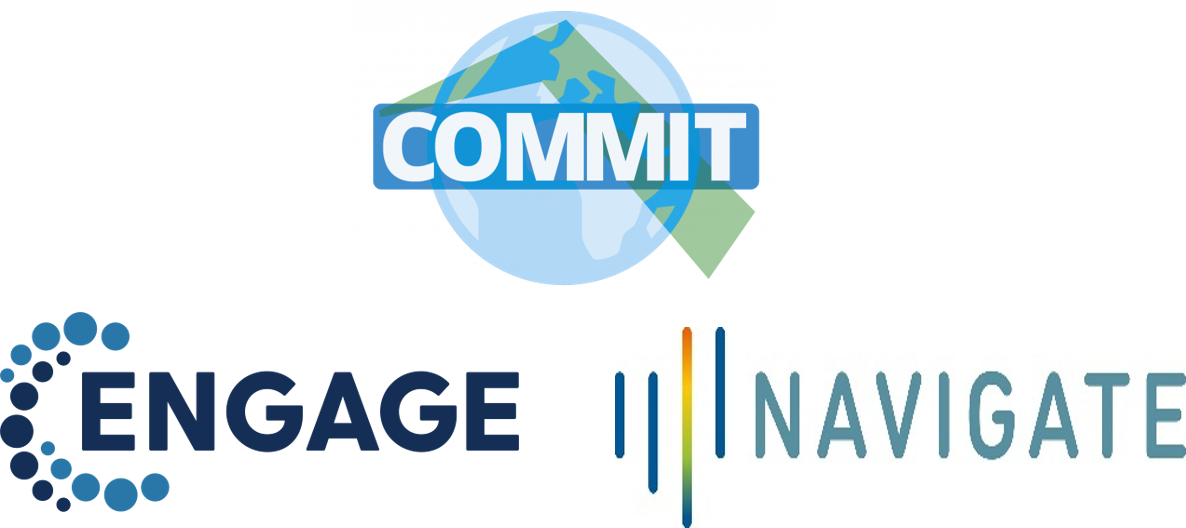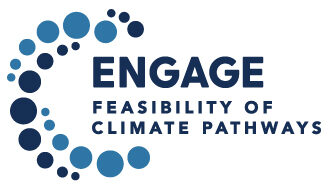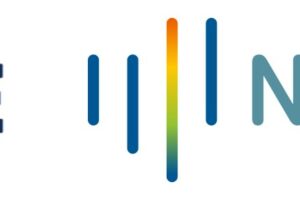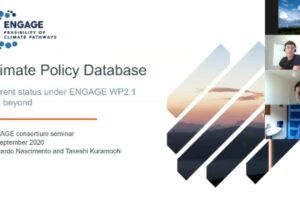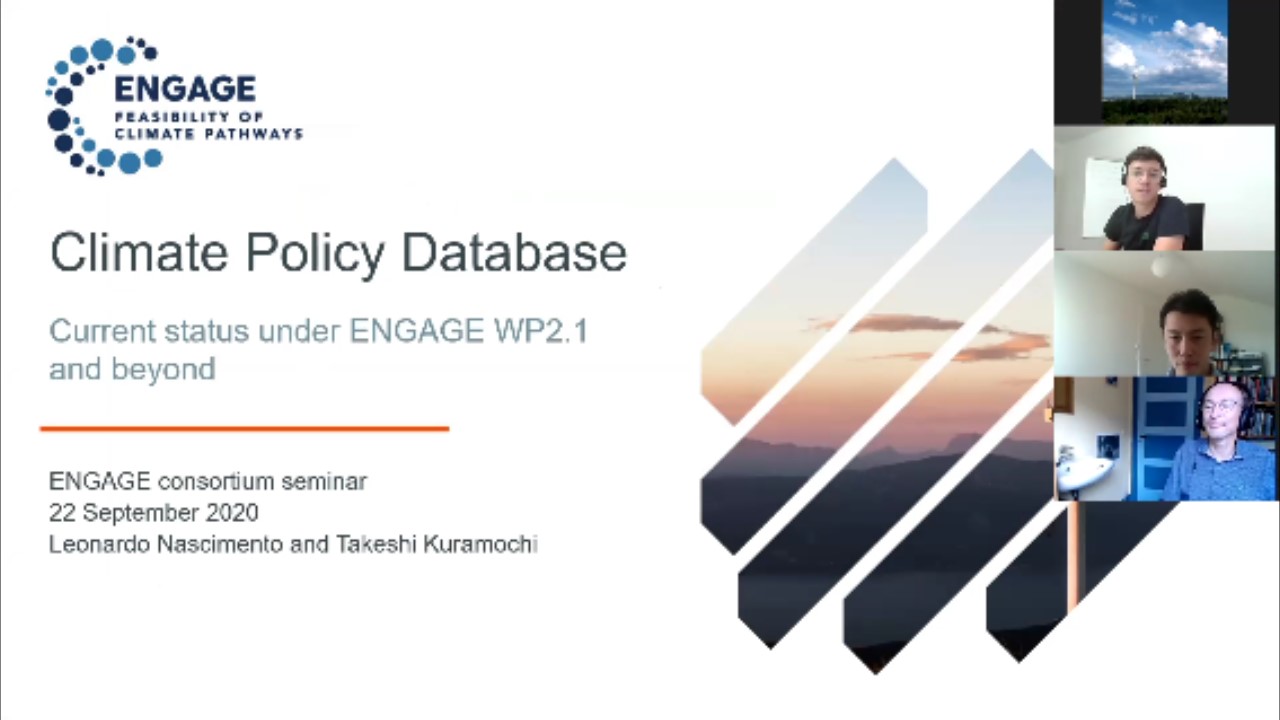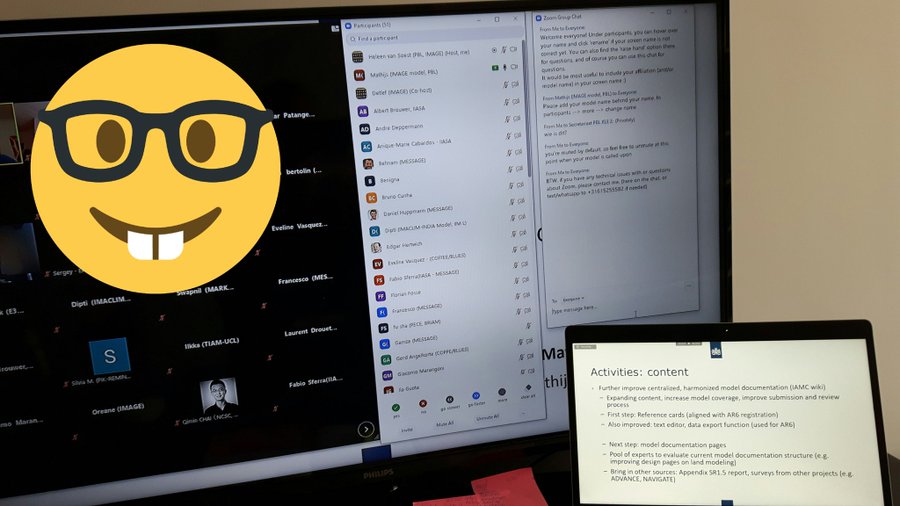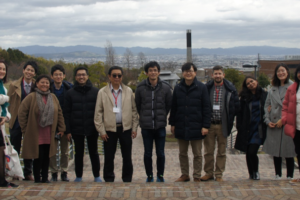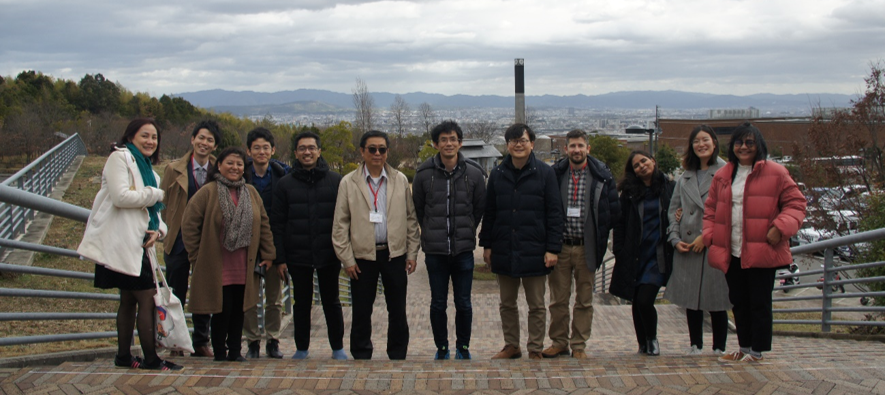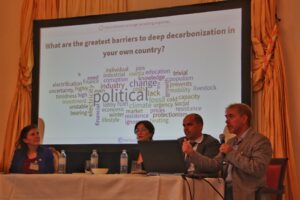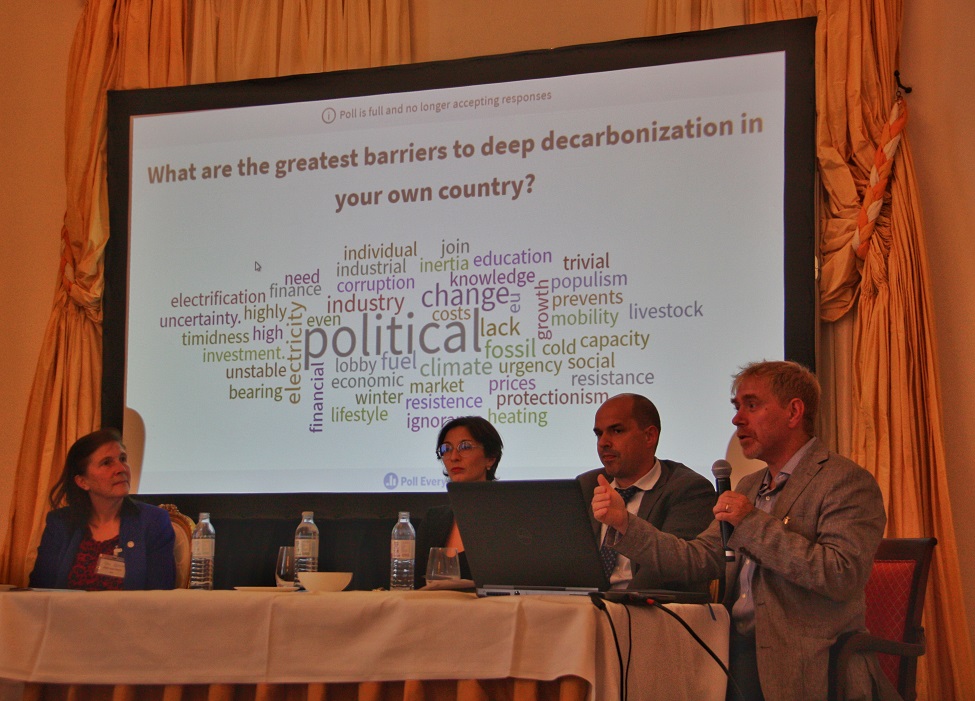Stakeholder meeting on the Paris Agreement implementation and low-emission pathways in a COVID-19 world
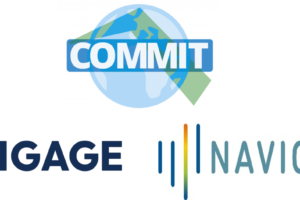
Over 100 participants joined the ENGAGE, COMMIT, and NAVIGATE teams in a virtual workshop on 18 November 2020 to hear the latest information from modelling teams and policymakers on the relationships between COVID-19, low-emission pathways in line with the Paris Agreement climate goals, and the next steps in the Paris Agreement implementation process.
Representatives from PBL, the UNFCCC, IIASA, and CMCC shared insights into the implications of COVID for UNFCCC processes and timelines, the results of an expert and policymaker survey on the potential impact of COVID on climate policy, and what we know so far about Paris-compatible pathways in light of COVID-19. COPPE and NewClimate provided more information about country-specific measures for a green recovery and climate action. Officials from South Africa, Germany, and the US then presented national perspectives on climate action and COVID-19 recovery.
Leading questions covered in the discussions
- What are the implications of COVID for the climate policy making process?
- In light of the COVID-19 pandemic, do we need to update our understanding of a transition to a carbon neutral future in line with the Paris goals?
- Can ambitious climate action scenarios be seen as COVID-recovery scenarios?
- What are the possibilities for a green recovery?
